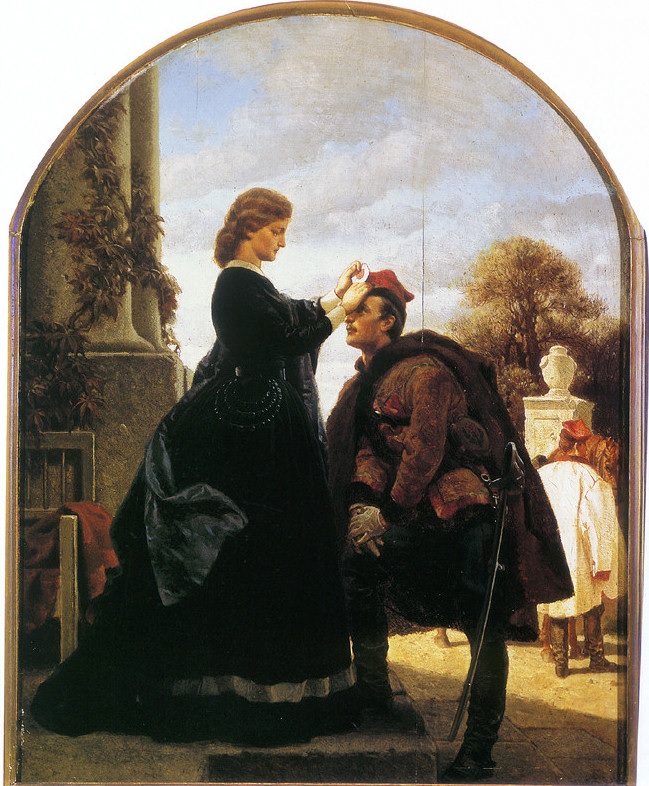160 years ago, the January Uprising broke out: an insurrection against Russian rule that took place in multiple parts of the former Polish-Lithuanian Commonwealth, which had been dismembered in the late eighteenth century. The uprising started in the night of 22 January 1863, in the Russian-controlled Kingdom of Poland, where several layers of society harboured a desire to regain independence from Russia. The revolt was ultimately triggered by the sudden forced conscription of Polish activists into the Russian Imperial Army – a measure which was actually meant to suppress the rising tide of patriotism.
The uprising was followed closely by foreign politicians and media, including in the Netherlands. During the November Uprising of 1830-31, Dutch sympathies had been generally anti-Polish and pro-Russian: inspired by the nearly simultaneous Belgian Revolution, Dutch commentators routinely labelled the Polish insurrectionists ungrateful and unruly. I wrote about these reactions in November 2021.

In the 1860s, things were different. The Belgian historian Idesbald Goddeeris has shown that Dutch responses to the January Uprising were far more diverse.* It took several months before any action was taken by the Dutch government, however: in May, the Dutch ambassador in Saint Petersburg presented a note of protest at the court of the tsar, in accordance with for example France and Britain. The event sparked a debate in the Dutch Lower House of Parliament, as the orthodox Protestant opposition attacked the liberal government for their action. In response, several MP’s defended the decision to support Poland (in spirit) by praising the Polish struggle for freedom. Some even compared it to the Dutch Revolt against Spain in the sixteenth and seventeenth centuries. However, others suggested that the Poles were aiming for the impossible, and were making themselves unpopular by using violence. King Willem III even explicitly supported the Russian tsar. Meanwhile, several Dutch publications once again framed the Poles as an unruly, anarchic, and even uncivilised and immature people, who actually profited from foreign occupation. In effect, the Dutch mix of Polonophilia and Polonophobia in the 1860s was principally guided by different political interests. No actual help was sent to Poland, however.
The January Uprising was the longest-lasting revolt in partitioned Poland. It was mainly fought as a guerilla war, encompassing many hundreds of battles and skirmishes. It ended in 1864, with the defeat of the insurrectionists. Tens of thousands of Poles, Lithuanians, Belarussians and Ukrainians were killed or sent off to Siberia. Following the defeat of the uprising, the russification of the rebellious lands was intensified. In 1867, what little autonomy the Kingdom of Poland had had was abolished completely.
The diplomatic efforts of Western powers to stop Russia had been fruitless.
*See: Idesbald Goddeeris, ‘Poland and the Netherlands in the 19th century’, in: Hellema, R. Żelichowski, B. van der Zwan (eds.), Poland and the Netherlands. A Case Study of European Relations (Dordrecht: Republic of Letters Publishing 2011), 41-54.